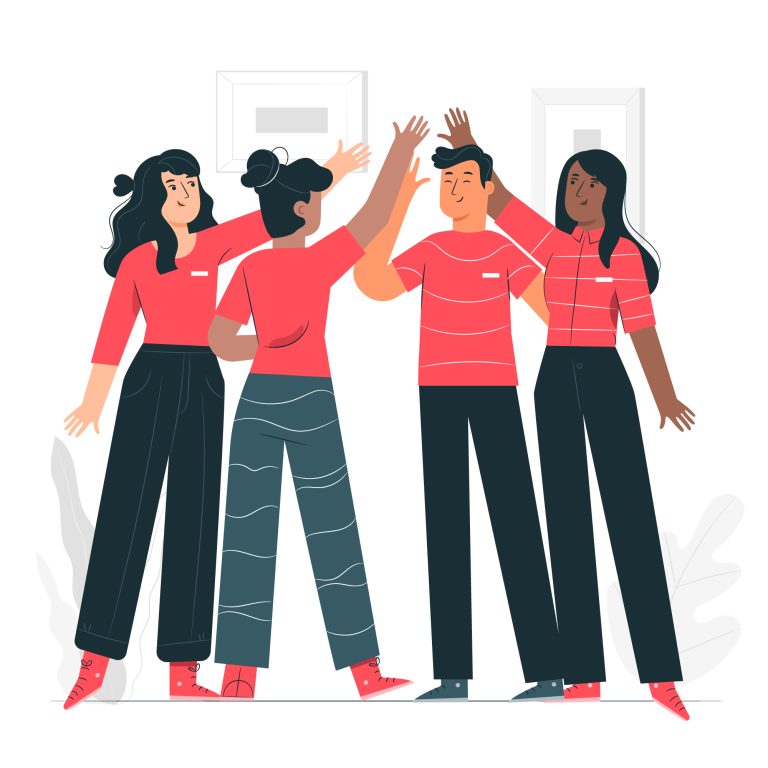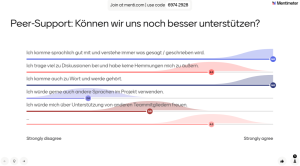2. Ambiguity Tolerance
Controversial issues are often complex. Competing information and interpretations may hamper consensus building and lead to heated debates or even a breakdown in communications. In such situations, being tolerant of ambiguity can be helpful. This may include characteristics like patience and curiosity, but also spontaneity and being unafraid of taboos (Krengel 2025). It can support you in taking targeted action instead of avoiding difficult conversations altogether.

2. Reflection Activity: Your tolerance for ambiguity
a) Assess your own tolerance for ambiguity using the following scale: The Tolerance for Ambiguity Scale (Purdue University, based on Herman et al. 2010). Consider taking a note of your score in your personal notes so that you can reflect on it at a later date and potentially compare them with newer results.
b) Commenting on your results: What is your initial reaction to your score result? Can you identify with it? Would you like to change your degree of tolerance of ambiguity? Why (not)? How could you do this?

Tolerance of ambiguity is not a static character trait. It is influenced by your socialization, life experiences, cultural influences, and your resources – whether physical, emotional, or mental – at any given time. Likewise, the creators of the assessment tool stress that there “is no ideal score on this measure – 60 is not an A, and 12 is not an F”. Still, a higher degree of ambiguity tolerance is considered to be helpful in human interaction, for example when trying to resolve misunderstandings.
3. Reflection Activity: Anticipating ambiguity
If you choose to conduct a VE project in your field, there is an increased likelihood of bringing together learners with different socio-cultural backgrounds as well as divergent sets of knowledge, skills, and attitudes. In your specific field, think of concrete topics (such as the ideal procedure to reach a certain goal) that may lead to contentious debates. Take notes. If you have a difficult time thinking of examples, consider this an opportunity to research current controversies in your discipline. You may also consult the UN Sustainable Development Goals (SDGs) and ask yourself in which areas your discipline may contribute or hinder positive development.
All illustrations on this page by @storyset (https://www.freepik.com/author/stories)
This work © 2025 by Fabian Krengel is licensed under CC BY-NC-ND 4.0
